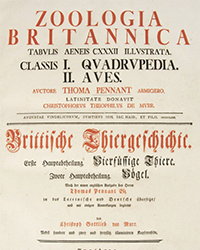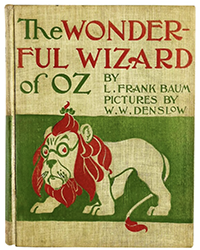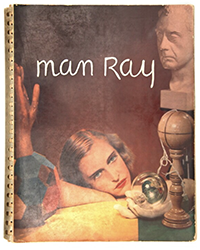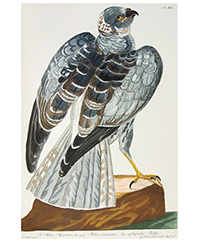Rare Book Monthly
Articles - December - 2007 Issue
Connecting with the Mind's Eye: Adventures in the Audio World
By Renée Magriel Roberts
A couple of weeks ago I was invited to participate in a morning call-in radio program on our local National Public Radio station, WCAI, along with Lucy Loomis, Director of the Sturgis Library in Barnstable, Massachusetts. The occasion was a discussion of the partnership between Sturgis Library and our publishing company, Clock & Rose Press, moderated by Mindy Todd.
Every bookseller enjoys having books that they alone sell and we are no exception. Having our own press seemed a natural outgrowth of our rare book business. So, when we were invited to work with Sturgis, housed in the oldest library building in the United States, we were delighted. Like many old libraries, Sturgis has a wealth of rare materials, kept securely in their climate-controlled vault - autograph mss., deep holdings in maritime history and genealogy, as well as Cape Cod history. And they receive legacies on a regular basis from their patrons.
The purpose of our partnership was to make some of these materials available by reprinting them for the benefit of the library. For example, we published the Timber Merchant's Guide, one of the earliest books lithographed in color -- a rare book that can cost upwards of $5,000 on the rare book market. By reprinting this book, Sturgis was able to make facsimile copies available to its patrons and through interlibrary loan, and we are also able to sell copies internationally that benefit the library.
The radio as a medium is a very interesting place -- the kind of place you can come to in your fluffy slippers, if you like, because it is an invisible audio-only world. We were in a bare room, sitting around a wooden table, headphones on, so that we could hear each other, the producer visible through a glass window.
Being on a radio show is an intense experience. It is time-driven; you have to remember that nobody can see you, but they can hear everything, and there is a certain rhythm to question and response and etiquette.
Realizing that we could speak, and yet be invisible to our audience, it felt to me similar to reading a book, where you create a reality constructed by the sound of the words in your mind whose meaning is intermingled and interpreted through your own experience and understanding -- a virtual world colored by the imagination.
For that reason, the radio readily lends itself to discussions and to the reading of books. The audio element adds another dimension to the reading that triggers mental images in ways that cannot be anticipated.


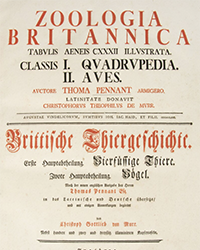
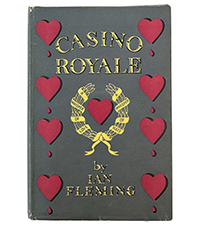
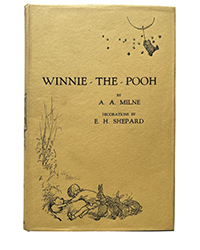
![<b>Sotheby’s:</b> Ernest Hemingway. <i>Three Stories And Ten Poems,</i> [Paris], (1923). First edition of Hemingway’s first published book. $75,000. Sotheby’s: Ernest Hemingway. Three Stories And Ten Poems, [Paris], (1923). First edition of Hemingway’s first published book. $75,000.](https://ae-files.s3.amazonaws.com/AdvertisementPhotos/acf970a0-a15d-4c79-aa24-5e8e414cb465.png)
